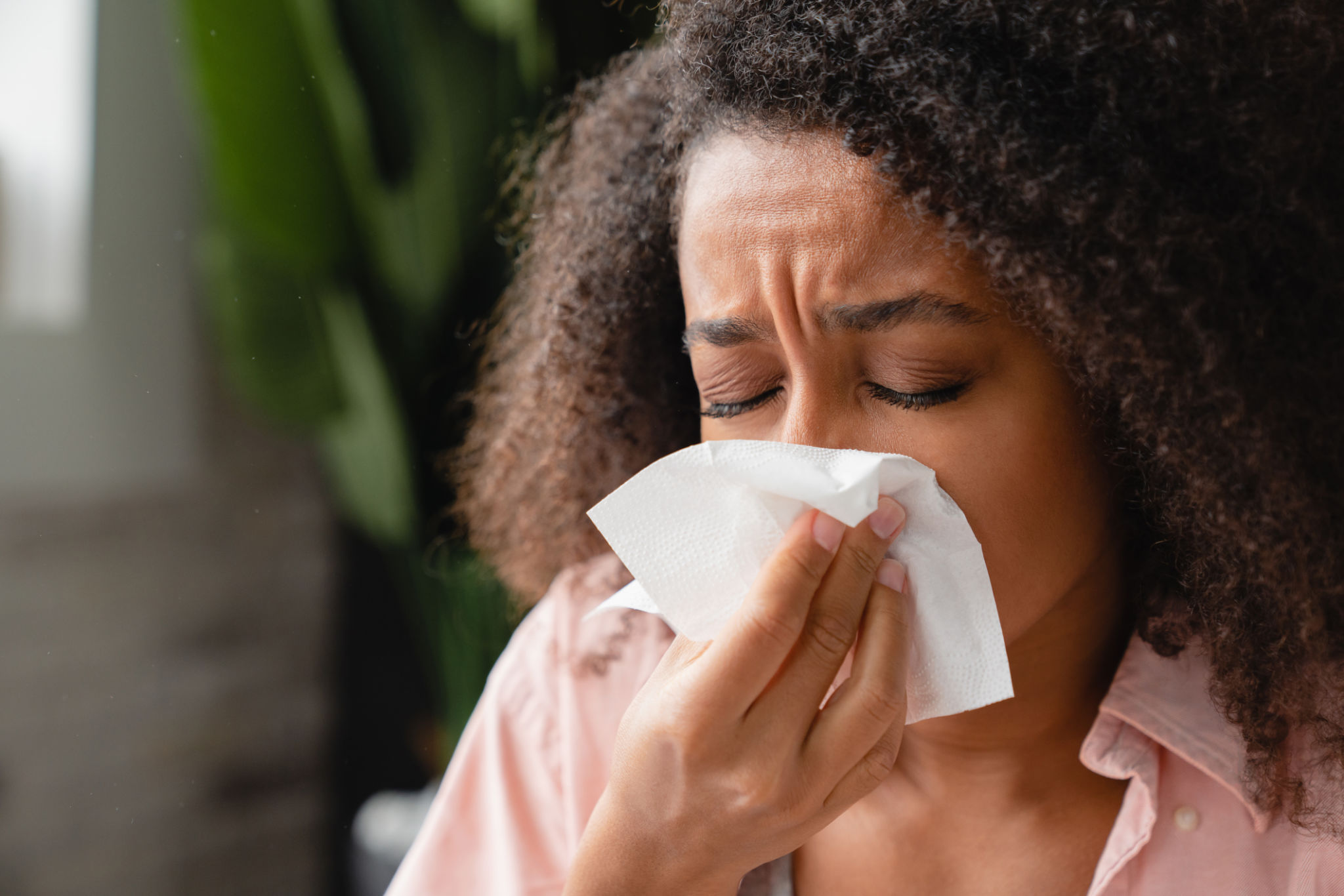How Seasonal Changes Affect Health Care Needs in the UK
Understanding Seasonal Health Care Needs
The changing seasons in the UK bring more than just shifts in temperature and daylight; they also significantly impact health care needs. As the year progresses, different health challenges arise, requiring both individuals and health care providers to adapt. Recognizing these seasonal variations is crucial for maintaining optimal health throughout the year.

Winter: Battling Cold and Flu
Winter is synonymous with cold and flu season in the UK. The chilly weather and increased time spent indoors create an ideal environment for viruses to spread. As such, there is a heightened demand for flu vaccinations, over-the-counter cold remedies, and doctor visits for respiratory issues. It is also a time when chronic conditions such as asthma can be exacerbated by the cold air.
To stay healthy during winter, it is important to practice good hygiene, get vaccinated, and ensure your home is well-heated. Elderly individuals and those with pre-existing health conditions should take extra precautions to protect themselves from the harsh winter elements.
Spring: Managing Allergies
With the arrival of spring, many people in the UK experience allergies caused by pollen from blooming flowers and trees. Hay fever symptoms such as sneezing, itchy eyes, and runny noses become prevalent, leading to increased use of antihistamines and allergy treatments.

To minimize allergy symptoms, individuals should monitor pollen forecasts, keep windows closed during high pollen days, and consider using air purifiers. Consulting with healthcare professionals for personalized advice can also be beneficial for those severely affected.
Summer: Dealing with Heatwaves
Summer can bring heatwaves to the UK, posing risks such as dehydration, heat exhaustion, and heatstroke. Vulnerable populations, including the elderly and young children, are particularly at risk during extreme temperatures.
In response, it is essential to stay hydrated, wear light clothing, and avoid direct sun exposure during peak hours. Health care services may see an uptick in cases related to heat-induced illnesses, necessitating increased awareness and preventative measures.

Autumn: Preparing for Winter
Autumn serves as a transitional period where preparations for the upcoming winter are essential. This time of year often involves updating vaccinations, particularly the flu jab, to protect against the coming season's strains.
Additionally, autumn is an ideal time to check in on one's general health, manage chronic conditions effectively, and ensure that any necessary medications are stocked up before winter hits.
The Importance of Seasonal Health Awareness
Understanding how seasonal changes affect health care needs allows individuals to take proactive steps in maintaining their well-being. By being aware of the specific health challenges each season brings, people can better prepare and adapt their health care strategies accordingly.

Health care providers in the UK play a critical role in educating patients about seasonal health risks and offering appropriate preventative measures. Through community outreach and patient education programs, they can help mitigate the impact of seasonal changes on public health.
Conclusion
Seasonal changes have a profound impact on health care needs in the UK. From winter's cold and flu challenges to summer's heat-related risks, each season brings its unique set of health considerations. By staying informed and taking preventive actions, individuals can safeguard their health all year round, ensuring they are well-prepared for whatever each season may bring.
